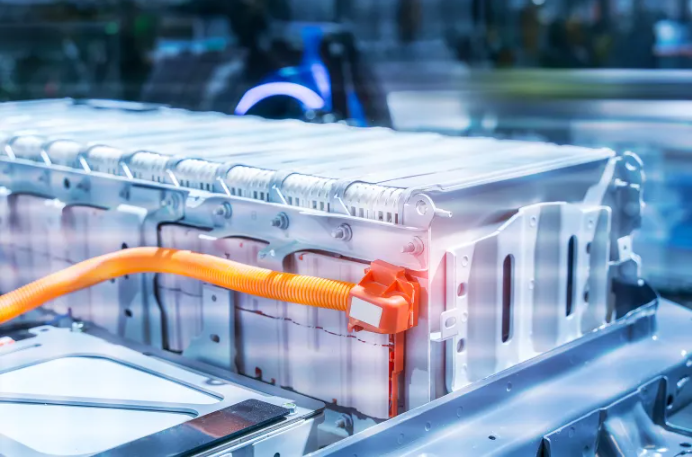
Many countries rely on China for manufacturing electric car batteries, sparking concerns among China’s opponents about the potential political or economic use of this control and threatening to disrupt the global supply chain.
There are few companies competing with China in electric car battery manufacturing, potentially hindering innovation and leading to price hikes. Lack of competition also sidelines emerging companies developing new technologies.
China controls many key raw materials for electric car battery manufacturing, such as lithium and cobalt. This control may lead to monopolization of these metals and price hikes, affecting the production cost of electric car batteries.
The extraction process of some raw materials used in electric car battery manufacturing causes environmental pollution. China’s dominance over these materials may exacerbate this issue, threatening the achievement of sustainability goals.
There are concerns about the exploitation of workers in mines extracting raw materials used in electric car battery manufacturing. China’s dominance over these materials may worsen this issue, leading to human rights violations.
To address these challenges, it’s necessary to diversify the supply chain for electric car batteries by investing in raw material extraction in other countries and developing new technologies that aren’t reliant on materials controlled by China. Supporting competition by offering incentives to emerging companies developing new electric car battery technologies and implementing laws that promote market competition is crucial.
Establishing global standards for electric car batteries helps alleviate these concerns, along with exchanging expertise and technology among countries.
Investment in new technologies plays a crucial role in reducing Chinese dominance. New, more efficient, and cost-effective electric car battery technologies should be developed, alongside investment in electric car battery recycling technologies.
Leave a Reply